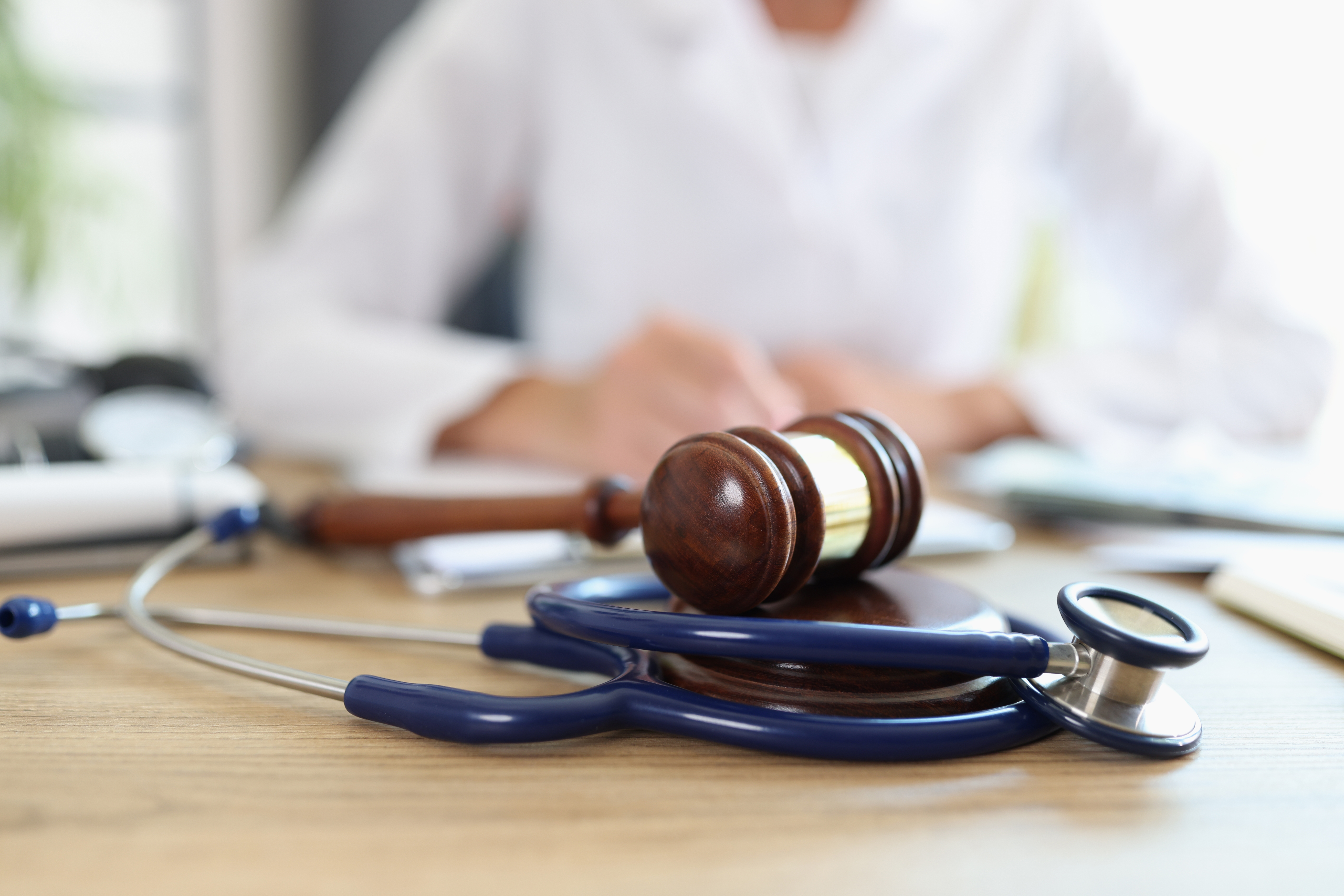Filing a medical negligence case can be a daunting process, but gathering the right evidence is crucial for a successful claim. In the UK, the burden of proof lies with the claimant, meaning you must demonstrate that the care you received was below the standard expected and that it directly caused harm. Another key aspect is documenting instances of hospital negligence, where the standard of care in a hospital setting was not met. Ensuring you have comprehensive medical records and expert testimonies will strengthen your claim. This guide provides a step-by-step approach to collecting the necessary evidence for your medical negligence case.
1. Obtain Your Medical Records
Why Medical Records Are Crucial
Medical records are the cornerstone of any medical negligence claim. They provide a detailed account of your medical history, treatments received, and interactions with healthcare professionals. These records can highlight any discrepancies or deviations from standard care practices.
Tip: Request a copy of your medical records from all relevant healthcare providers. This includes
GP surgeries,
Hospitals
Specialist clinics
2. Document Your Symptoms and Treatments
Keeping Detailed Notes
Maintaining a personal medical diary can be incredibly useful. Record all symptoms, treatments, medications, and any side effects you experience. Note the dates and times of your medical appointments and the names of the healthcare professionals you consulted.
Tip: Be as detailed as possible in your entries. Include how the negligence has impacted your daily life and any changes in your condition over time.
3. Gather Witness Statements
The Value of Witness Testimony
Witness statements can provide an objective perspective on the care you receive. This includes statements from family members, friends, or anyone who witnessed your treatment or its effects.
Tip: Ask witnesses to provide written statements detailing what they observed. Ensure these statements are signed and dated.
4. Secure Expert Medical Opinions
The Role of Independent Experts
Independent medical experts play a critical role in establishing that the care you received was below acceptable standards. They can review your medical records and provide an unbiased opinion on whether negligence occurred.
Tip: Work with your solicitor to identify and engage reputable medical experts who specialise in the relevant field of medicine.
5. Preserve Physical Evidence
Importance of Tangible Proof
In some cases, physical evidence such as medical devices, prescriptions, or photographs of injuries can support your claim. Ensure that any physical evidence is preserved and stored safely.
Tip: Take clear, dated photographs of any visible injuries or physical conditions resulting from the alleged negligence. Keep all relevant medical devices and prescriptions.
6. Compile Financial Records
Documenting Financial Impact
Medical negligence often leads to additional expenses and financial losses, such as medical bills, travel costs for treatments, and loss of earnings. Keeping a detailed record of these expenses is essential for your compensation claim.
Tip: Save all receipts, invoices, and payslips that can substantiate your financial losses. Create a spreadsheet to track and total these expenses.
7. Follow the Pre-Action Protocol
Adhering to Legal Procedures
The Pre-Action Protocol for the Resolution of Clinical Disputes outlines the steps you must follow before your claim can proceed to court. This includes sending a Letter of Claim to the defendant, detailing your allegations and the basis of your claim.
Tip: Ensure that you and your solicitor adhere to the Pre-Action Protocol to avoid unnecessary delays and strengthen your case.
8. Work with a Specialist Solicitor
Expertise Matters
Navigating a medical negligence claim can be complex, and having an experienced solicitor on your side can make a significant difference. They can help you gather and present evidence effectively, ensuring all legal requirements are met.
Tip: Choose a solicitor who specialises in medical negligence cases and has a proven track record of success.
Conclusion
Gathering the right evidence is crucial to building a strong medical negligence case. By following these steps, you can ensure that you have the necessary documentation and support to pursue your claim effectively. For more detailed information on medical negligence and to connect with experienced solicitors, visit Medical Negligence Team.
Don’t wait—start collecting your evidence today and take the first step towards securing the compensation you deserve.


